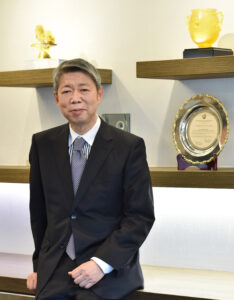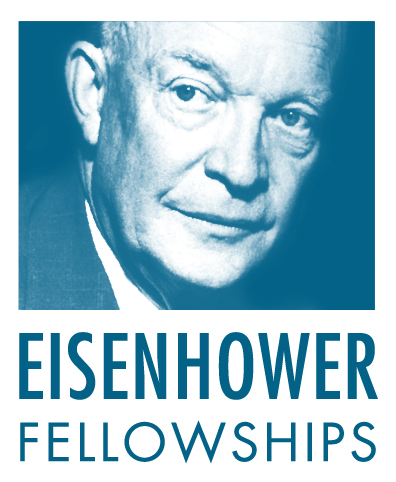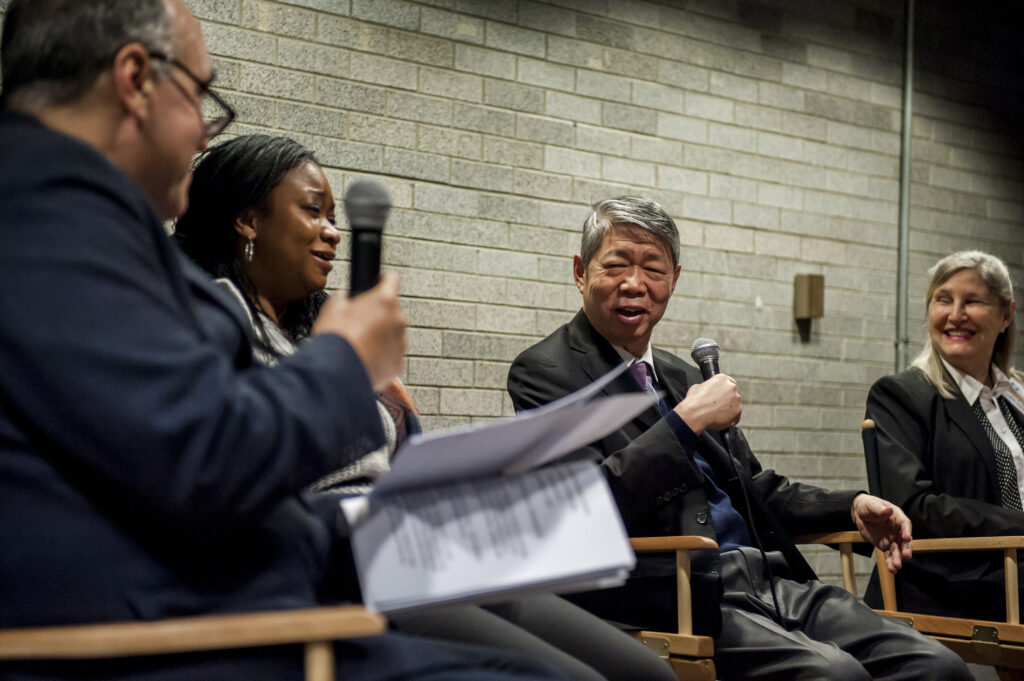Chinese Taipei
“We were hoping that they would fall in love with Taiwan, and they did.” – Harvey Chang (Chinese Taipei 2002)
 Harvey Chang (Chinese Taipei 2002) runs the largest news station in Taiwan, and is passionate about his work because of the role that media plays in society to foster democracy. “Taiwan is in a unique position because our relationship with China is very peculiar…I want us to play a very neutral role in this,” Chang says.
Harvey Chang (Chinese Taipei 2002) runs the largest news station in Taiwan, and is passionate about his work because of the role that media plays in society to foster democracy. “Taiwan is in a unique position because our relationship with China is very peculiar…I want us to play a very neutral role in this,” Chang says.
At the end of World War II, the Republic of China was overthrown by the Communist Party of China, and then fled to the island of Taiwan. At that time, the rest of the world recognized the Republic of China as the rightful governor of China. The ROC made Taiwan its base, and has remained there since 1949. The relationship between mainland China and Taiwan (now recognized by EF as Chinese Taipei) has historically been challenging. Both it and mainland China see themselves as being the true government. The U.S., however, has maintained a One-China Policy since 1972, asserting that Taiwan is a part of China.
For those who have lived through the political upheaval of China during the Cultural Revolution and beyond, and those who have lived through the legacy of such political times, it is no surprise that tensions persist. In the true Eisenhower Fellowships spirit, Chang and several EF Chinese Taipei Fellows founded the Cross-Straits Leadership Camp in 2010 for youth from both sides. The summer immersion exchange program annually involves 100 youth in leadership training. Approximately 50 youth from China go to Chinese Taipei, and 50 youth from Chinese Taipei travel to China. As with the Eisenhower Fellowship experience, it is the belief that personal relationships in a cross-cultural setting can transform one’s worldview, leading to a more peaceful, prosperous and just world, said Chang.

